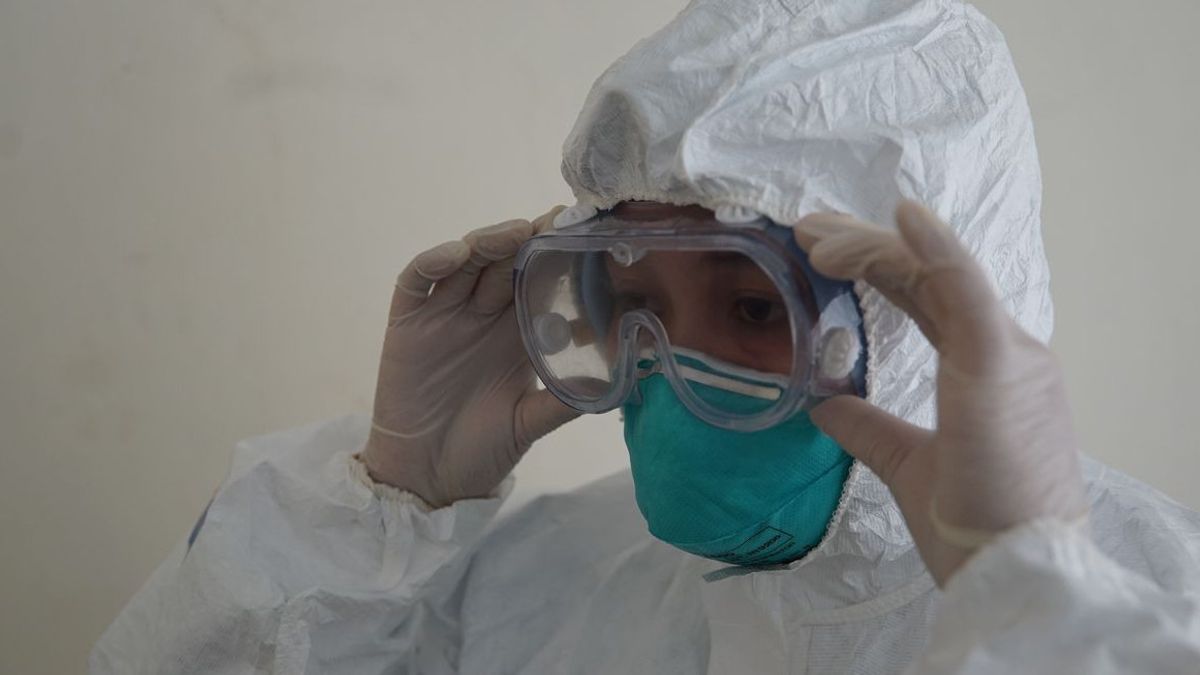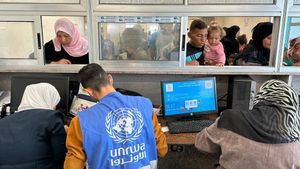JAKARTA - Staff of the Tropical Infection Division of the Department of Internal Medicine, FKUI-RSCM, Adityo Susilo assessed that the practice of testing and tracing should continue to be optimized amidst the spread of Omicron BA.4 and BA.5 subvariants.
"One thing that concerns all of us is that inspections and tracking are now somewhat weaker than the previous wave," said Adityo Susilo in a webinar themed "Update on Management of COVID-19" as reported by Antara, Tuesday, June 28.
He reminded that the number of COVID-19 cases in Indonesia had started to increase again. Therefore, it is important to carry out inspections and tracking to find out the real number of COVID-19 cases in the country in order to prevent the spread of cases.
"If we don't test, of course we don't know what our real numbers are at this time," he said.
Even though cases are increasing, he continued, Indonesia should be grateful, because the number of deaths from COVID-19 is not high in line with the high vaccination rate in the country. "Vaccination coverage helps us a lot," he said.
Data from the Ministry of Health shows that as of Tuesday at 12.00 WIB the third dose of COVID-19 vaccination or booster dose had been carried out on 50,220,477 people or 24.1 percent of the total 208,265,720 population who were targeted for COVID-19 vaccination.
Meanwhile, 168,900,581 people who have received the second dose of vaccination, or about 80.1 percent of the vaccination target. While the first dose of COVID-19 vaccination was recorded to have been carried out on 201,418,060 people or 96.7 percent of all vaccination targets.
Meanwhile, Chair of the Infection Working Group of the Indonesian Lung Doctors Association (PDPI), Erlina Burhan, said that efforts to track and implement health protocols needed to be continuously improved.
"Indeed, currently tracking in the country is a bit slack, as well as community compliance with health protocols is starting to decrease somewhat. Maybe because people have misunderstood the appeal from the government that it is permissible to open masks in open spaces," he said.
He reminded that currently there are three diseases that are still considered endemic, namely influenza, malaria, and tuberculosis. "We still have to carry out various prevention and control strategies, and they must be strong," he said.
The English, Chinese, Japanese, Arabic, and French versions are automatically generated by the AI. So there may still be inaccuracies in translating, please always see Indonesian as our main language. (system supported by DigitalSiber.id)













